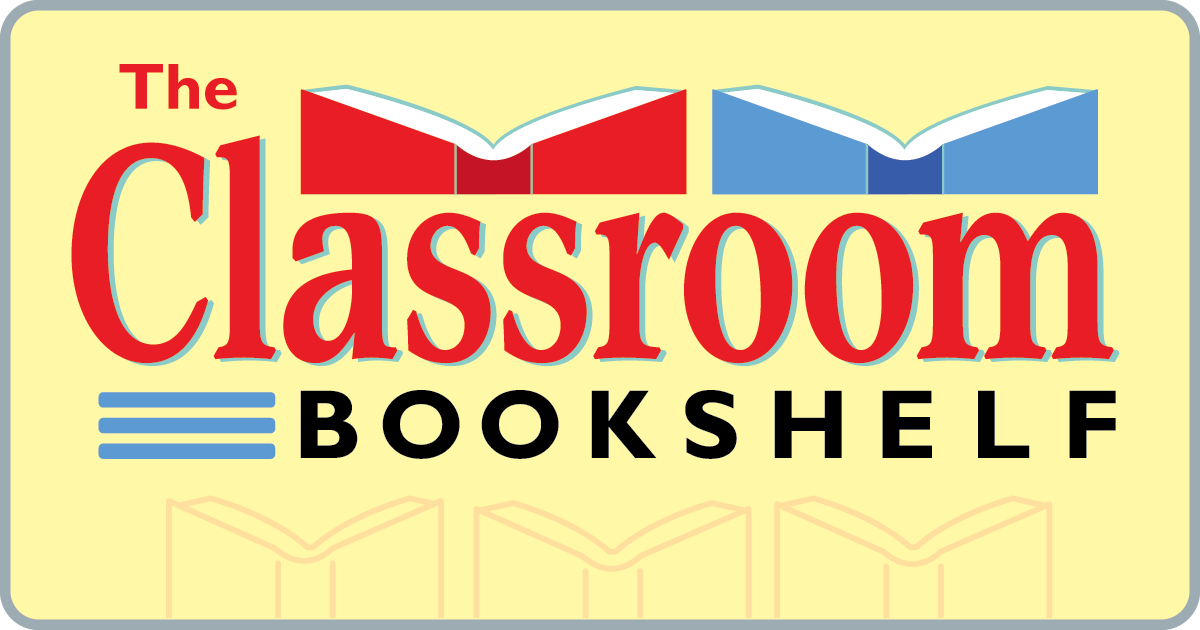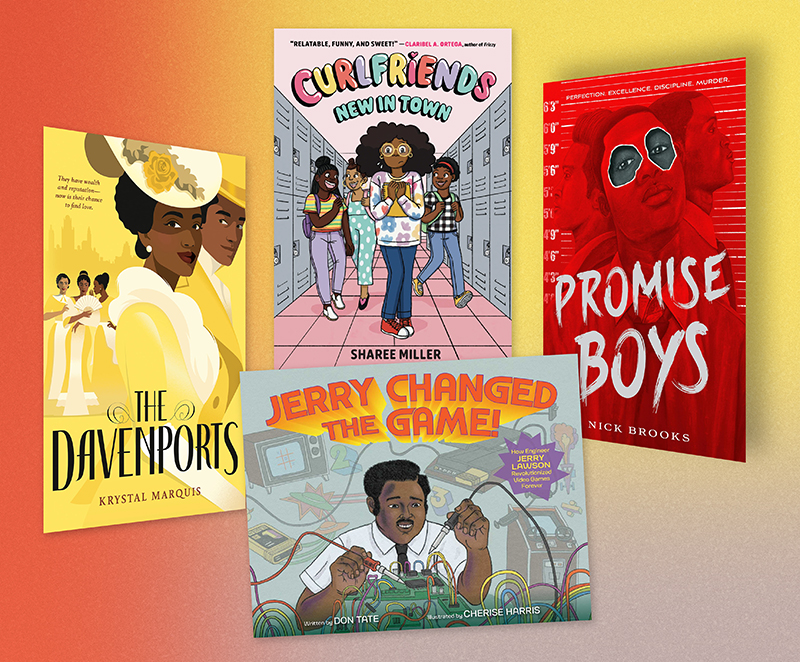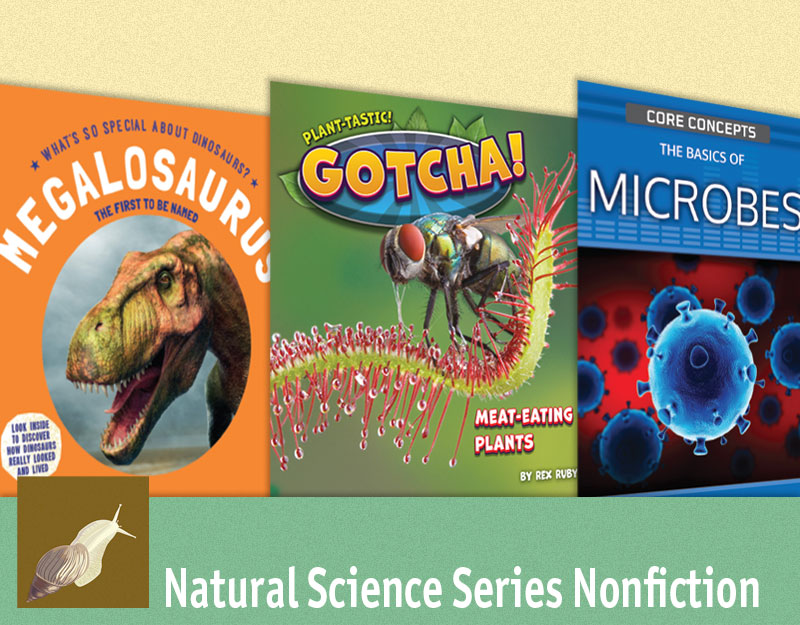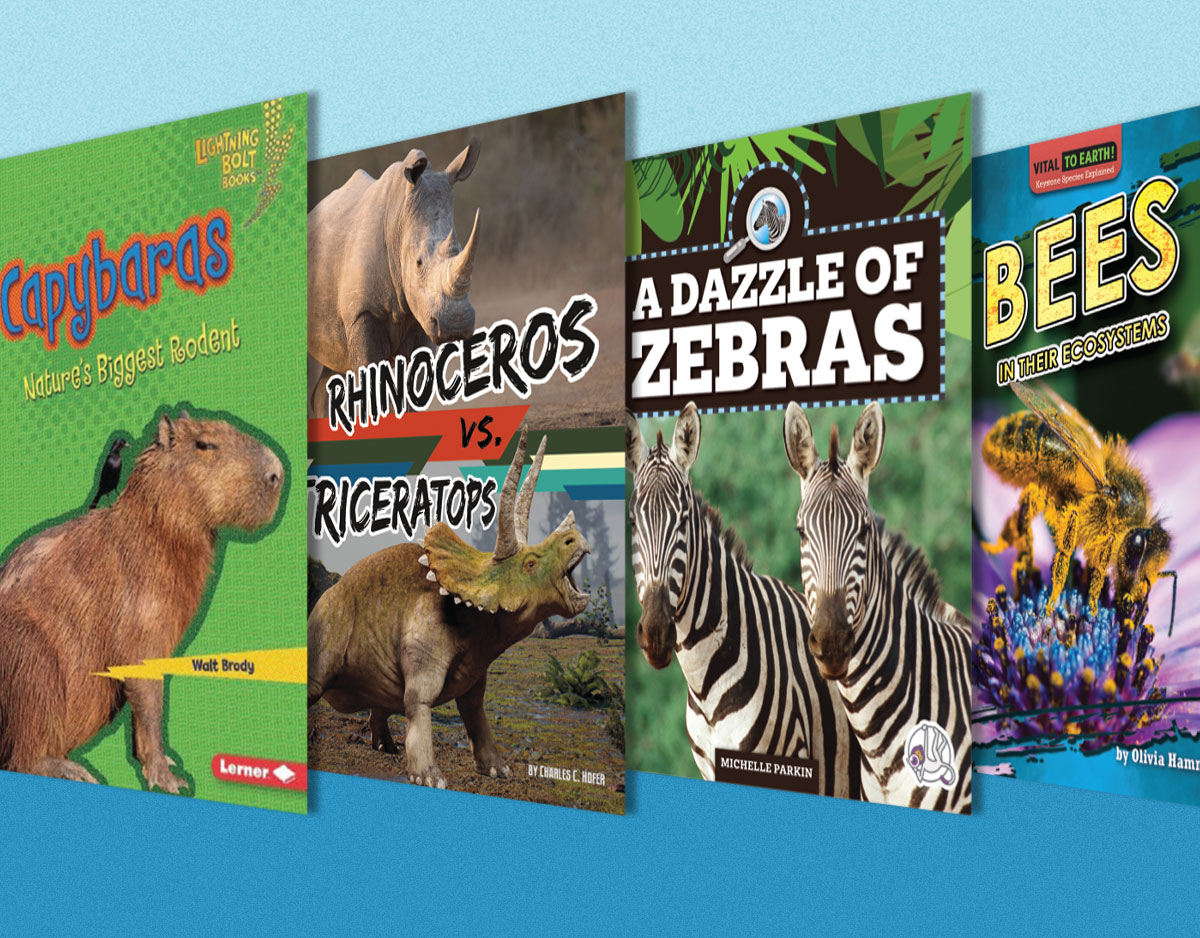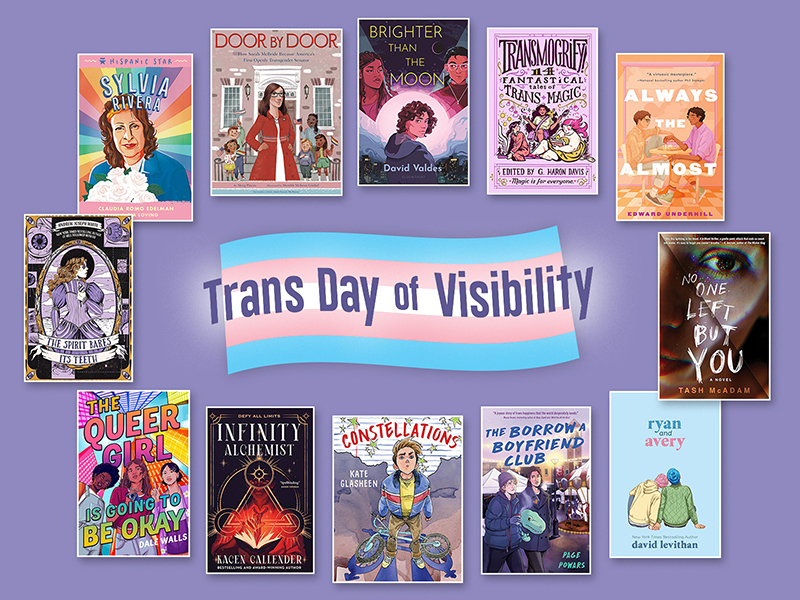Just Right: Searching for the Goldilocks Planet

Just Right: Searching for the Goldilocks Planet
Written by Curtis Manley; Illustrated by Jessica Lanan
Published by Roaring Brook Press, 2019
ISBN #978-1-250-15533-7
Grades 2 and up
Book Review
“When you look toward the stars, do you wonder if anyone is looking back? Is Earth the only planet with intelligent life? Is it the only planet with life at all?” These are questions that have beguiled humans young and old for thousands of years, and ones that will continue to captivate us far into the future. Curtis Manley’s new nonfiction picturebook, Just Right: Searching for the Goldilocks Planet, tackles these complex wonderings with aplomb through the existence of exoplanets—that is, extrasolar planets that orbit the countless stars across the universe. Manley introduces the concept of a Goldilocks planet, referencing the popular traditional tale about a girl who needed objects to be “just right” for her to use them, to explain that exoplanets could only be inhabitable if conditions and resources were just right for life to exist. Threading this metaphor throughout the pages, Jessica Lanan brings these musings to life. With colorful ink illustrations, she represents a young dark-skinned, curly-haired girl who visits a space museum with her family and imagines each scenario. Even Manley’s conversational, yet informative tone strikes a balance that is “just right” for young readers, alternating between narration and exposition and offering factual answers that spark more questions and curiosity from readers: “So far we still seem to be alone in the universe. But as telescopes get bigger and better, and as we watch more and more stars, the chances of finding life improve. What might that life be like?” Whether used to introduce units on astronomy or to nurture independent reading and inquisitiveness, Just Right is ideal for budding astronomers and their classmates.
Teaching Ideas and Invitations
Grades 2 and up
Space Wonderings. Just Right begins with a question about what you wonder “[w]hen you look toward the stars.” Have students create a class list about what they wonder when they look up at the sky. Include the first line of Just Right, as well as something you as their teacher might wonder (e.g., Could humans one day ever travel as fast as the speed of light? What happens in the space where one galaxy ends and another begins?) See which questions they can answer through research, and which ones they would have to make their best guess about, using the current knowledge available. Collaborate with your school or local librarian to help students find and use appropriate resources for this inquiry.
ADVERTISEMENT
ADVERTISEMENT
Goldilocks Conditions. A Goldilocks planet is one that is “not too hot and not too cold, not too big and not too small, not too soft and not too hard” for life to exist. What other conditions might be necessary? For example, Manley explains that the thickness of Earth’s atmosphere and magnetic field are just right. Have students create their own Goldilocks planets with the conditions that they would deem “just right.” Maybe that means just the right amount of beaches or just the right amount of snow days. Have students create 3-D versions of their Goldilocks planets with accompanying text that explains why the planet is just right for them.
Learning More about Exoplanets. Have students work in small groups to learn more about some of the exoplanets already identified. Some of these are introduced in the book, such as WASP-12b and Kepler-16b. Use the resources in the appendices of Just Right and in Further Explorations below to launch an inquiry unit about exoplanets. Have each group create a multimedia presentation about the exoplanet(s) they studied, along with evidence-supported conclusions about whether or not it is suitable for life as we know it.
Learning about Telescopes. A number of powerful telescopes are mentioned in the book, with specific information about their size and capabilities. Have students learn about this important invention, and all the ways it has evolved and helped humans throughout history. How does a common toy telescope work versus as space telescope? Invite a community member who is an avid stargazer into the classroom to give a presentation about telescopes, or perhaps Skype with an astronomer from a local university or museum. Many local libraries have telescopes that you can check out to share with your students as well.
Grades 5 and up
Life on Other Planets: A Debate.Have students conduct research into what is already known about the existence of life on other planets. Do those facts support the probability of life on exoplanets? Are those facts too incongruous with human life to be conclusive? Hold a debate for students to discuss the possibilities and probabilities of life on other planets. Make sure they support their arguments with solid facts from reputable sources.
Studying Stars. In both the main text and the back matter, Just Right explains how studying the stars can give us clues about the celestial bodies that orbit it. With the help of your school or local librarian, help students research more information about stars and what they can tell us about the galaxies around them. Help students create “reference guides” containing the information and then charge them with the task of studying the stars above their communities over a specified period of time. Provide them with science journals to record their observations and share them with the class. Perhaps, if enough students observe the same phenomena, they can use their reference guides to deduce whether or not a star has an exoplanet around it.
Content Area Terms from Literary Allusions and References. The term “Goldilocks planet” is a direct literary reference to the traditional tale about Goldilocks and the Three Bears. What are some other terms and phrases used in the content areas that are derived from well-known literature? For example, “Cinderella story” might be used to describe anyone deemed an underdog that ultimately wins the top prize, such as a sports team or political candidate. “Scrooge,” from the character in Charles Dickens’ A Christmas Story, might be used to refer to someone who is bitter or greedy. Teach students the difference between a literary allusion (a mention that needs some further explanation) and a reference (a direct reference that needs no further explanation). Challenge them to list any literary allusions and references when they listen to informational podcasts, watch the news, or read various content area magazine article. Have them share their lists and explore the meanings behind them with the class.
Further Explorations
Online Resources
Curtis Manley’s website
Jessica Lanan’s website
Twitter: @jalanan
NASA Science: “Getting to Know the Goldilocks Planet”
https://science.nasa.gov/science-news/science-at-nasa/2012/29mar_goldilocks
National Oceanic and Atmospheric Administration: “Earth, Our Goldilocks Planet”
https://sos.noaa.gov/datasets/earth-our-goldilocks-planet/
Cosmos Magazine: “‘Goldilocks’ Planets Might Not Be So Nice”
https://cosmosmagazine.com/space/goldilocks-planets-might-not-be-so-nice
Science at NASA: “Getting to Know the Goldilocks Planet”
https://www.youtube.com/watch?v=diz4Q3ALi5k
PBS – Ready Jet Go
https://pbskids.org/video/ready-jet-go/2365652693
CNET: “Newly Discovered Trappist-1 System Has 3 ‘Goldilocks’ Planets”
https://www.youtube.com/watch?v=PXgRrb5Gl-w
Books
Aguilar, D. A. (2013). Alien worlds: Your guide to extraterrestrial life. National Geographic.
Carney, E. (2012). Planets. National Geographic.
Halpern, P. (2004). Faraway worlds: Planets beyond our solar system. Charlesbridge.
Simon, S. (2018). Exoplanets. New York: HarperCollins.
Turner, P. S. (2008). Life on Earth–and beyond: An astrobiologist’s quest. Charlesbridge.
Wells, E. (2009). What’s so special about planet Earth? Albert Whitman.
Whiting, S. (2006). Ancient orbiters. National Geographic.
Filed under: Nonfiction, Nonfiction Picture Books
About Grace Enriquez
Grace is an associate professor of language and literacy at Lesley University. A former English Language Arts teacher, reading specialist, and literacy consultant, she teaches and writes about children’s literature, critical literacies, and literacies and embodiment. Grace is co-author of The Reading Turn-Around and co-editor of Literacies, Learning, and the Body.
ADVERTISEMENT
ADVERTISEMENT
SLJ Blog Network
Name That LEGO Book Cover! (#53)
Cover Reveal and Q&A: The One and Only Googoosh with Azadeh Westergaard
Exclusive: Vol. 2 of The Weirn Books Is Coming in October | News
Fighting Public School Book Bans with the Civil Rights Act
Take Five: Middle Grade Anthologies and Short Story Collections
ADVERTISEMENT

